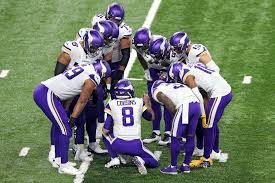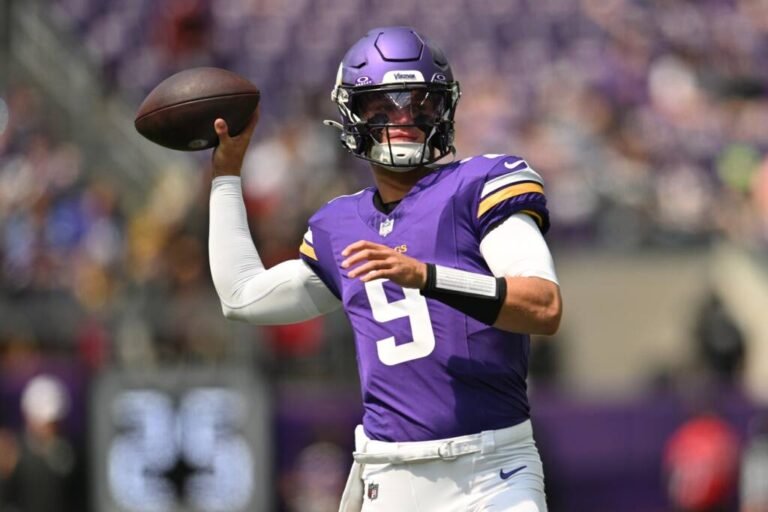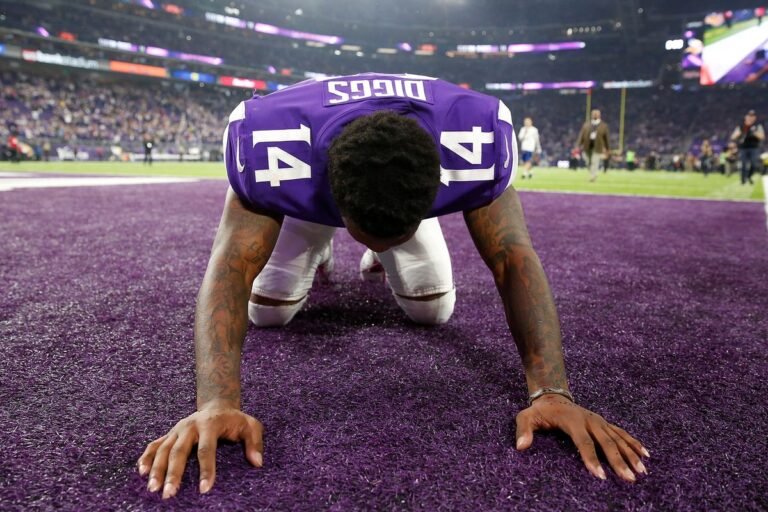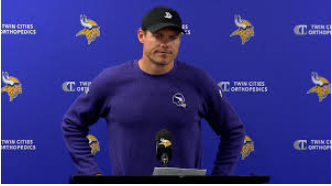
A deal with the Minnesota Vikings for a wide receiver is a luxury the Tampa Bay Buccaneers cannot afford. While the team has an abundance of talent at the position, strengthening a direct NFC competitor like the Vikings would be a strategic misstep. This isn’t merely about gaining a mid-round draft pick; it’s about the potential long-term cost of empowering a rival.
The Buccaneers’ enviable depth at receiver is a significant asset, but trading within the conference—especially to a potential playoff rival—could backfire spectacularly. Imagine a scenario in January where a touchdown catch from a player Tampa Bay willingly shipped to Minnesota becomes the very play that eliminates the Bucs from postseason contention. The short-term gain of a trade asset would be instantly vaporized by the long-term consequence of a self-inflicted wound. General Manager Jason Licht’s philosophy must extend beyond asset collection to encompass strategic denial. A deal that weakens Minnesota’s roster by forcing them to overpay elsewhere or enter the season with a glaring weakness is a far smarter, more cunning move than simply handing them a solution.
Furthermore, the NFC playoff picture is notoriously tight, and the Vikings, even with a question mark at quarterback, possess a roster capable of competing for a wild-card spot—the same spot Tampa Bay will likely be fighting for. Providing them with a key piece to stabilize their offense is counterintuitive to the competitive Darwinism of the NFL. If Tampa Bay decides the logjam necessitates a trade, the path is clear: a move to an AFC team, where the player’s success has no direct bearing on the Buccaneers’ playoff chances, is the wiser and safer course of action. The goal is not just to improve your own team, but to avoid improving a team you may have to beat with everything on the line.







